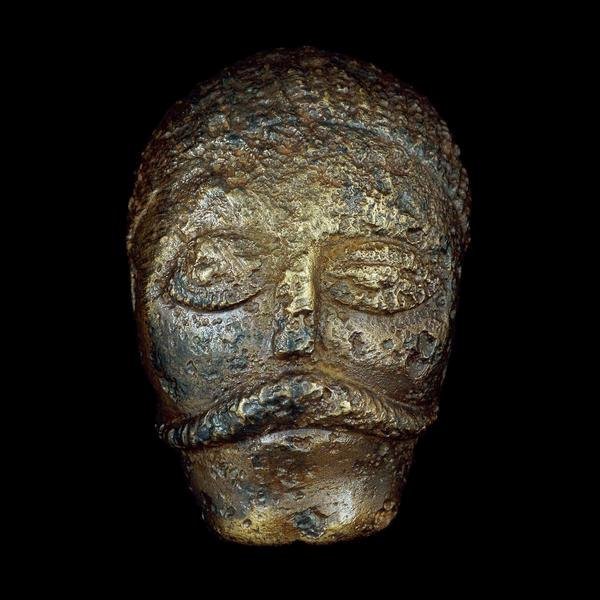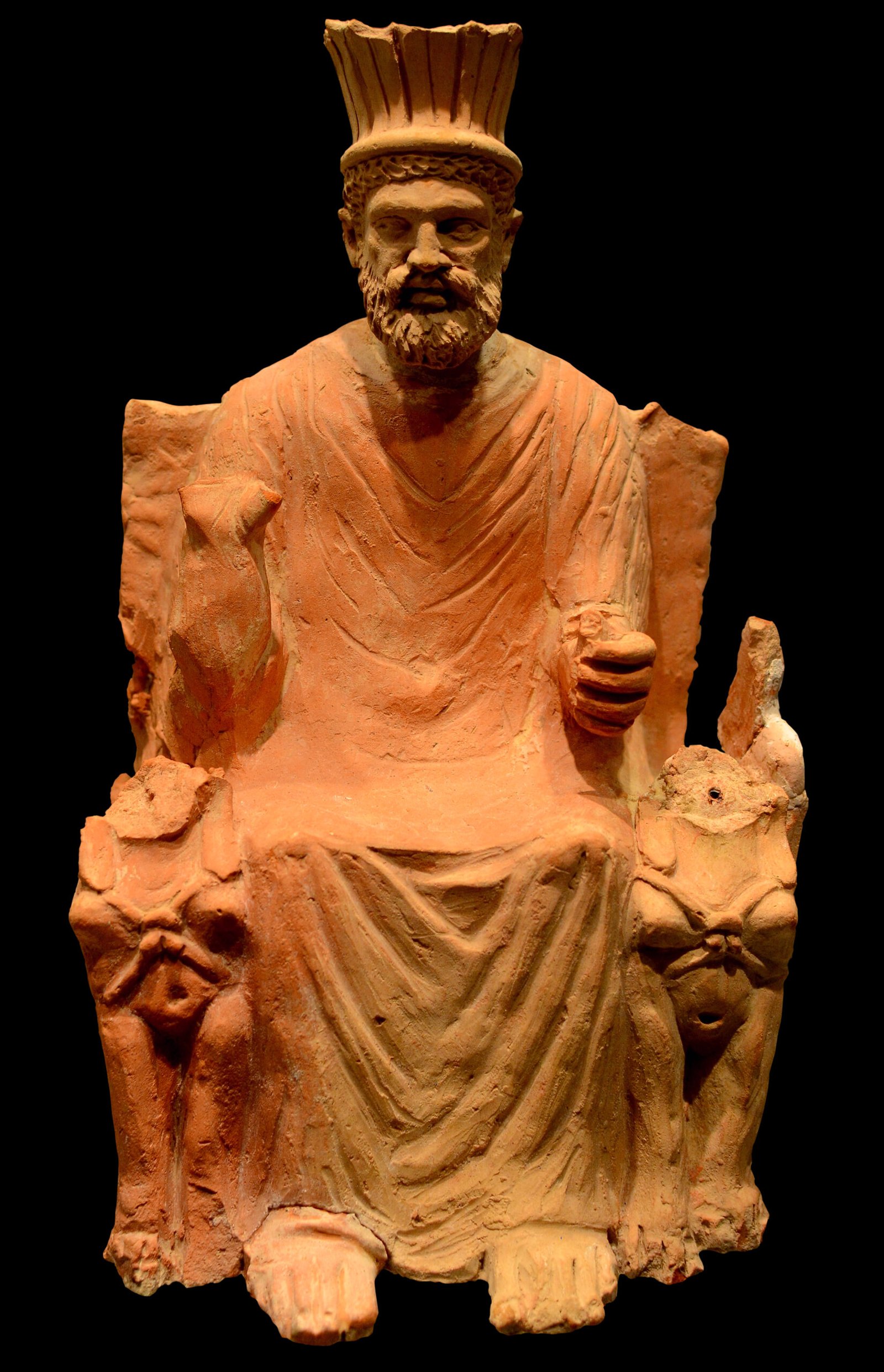Cerialis Petillius
Quintus Petillius Cerialis Caesius Rufus was the son-in-law of Vespasian Cerialis and became Governor of Britain in AD.71; his instructions were plainly to move the conquest forward, and he brought with him a new legion, II Adiutrix, which had recently been recruited from members of the fleet at Ravenna. It would seem reasonable to suppose that part, at least, of this unit was based at Chester, to convey troops up the coast of north-west England. Once again, it is not easy to trace the movements of Cerialis’ campaign archaeologically, although coinage and Samian pottery help, and dendrochronology has recently highlighted two probable military sites of this period, Ribchester and Carlisle. Tacitus provides one extra clue – that Cerialis divided his army between himself and Agricola, who was commander of legion XX Valeria Victrix at Wroxeter. Considering this, it would not seem unreasonable to suppose that Cerialis operated east of the Pennines with his old legion (the ninth), whilst Agricola ‘mirrored’ his commander’s actions on the western side of the country.
It has been written that Tacitus loathed Cerialis; certainly, he does not go out of his way to load the man with praise for his achievements either in Britain or elsewhere. The historian does nonetheless admit that under Cerialis much of the Brigantian territory was conquered, or at least fought over, though he has to add that the fighting was not uncostly. Professor Anthony Bidey has argued that Tacitus’ dislike of Cerialis may have stemmed from Cerialis’ part in AD. 83, along with his brother-in-law, the emperor Domitian, in the removal of Agricola from the governorship of Britain. This may have contributed, but another cause suggests itself: in AD. 60-61, both Cerialis and Agricola were in Britain, the former as commander (legatus) of legion IX (which received something of a mauling), the latter as a military tribune (tribunus militum) evidently on the staff of the governor, Suetonius Paullinus. In the aftermath of the rebellion, it is likely that Cerialis and Agricola found themselves on opposite sides of an exceedingly acrimonious post-mortem. In temper, too, the two men were very different: Cerialis, highly placed, an opportunist and a risk-taker (not always successfully); Agricola, efficient, methodical, and perhaps a little colourless – or, as he has recently been described, a ‘modest achiever’. Envy for the latter, regarding the former, is not unknown in the human condition.
It would appear that the western advance was again on two fronts, overland from sites such as Wroxeter and Littlechester, crossing the Mersey near Wilderspool, the Ribble at Walton-le-Dale, and probably establishing a fort on the Lune at Lancaster. From Lancaster, the Lune and Eden valleys were followed to Carlisle. The eastern route established a new fortress for legion IX at York, and reached perhaps as far as Corbridge, although some at least of Cerialis’ troops must have crossed Stainmore to meet up with Agricola’s. The fleet, too, will have played its part, taking troops to the Mersey and the Ribble with a disembarkation-site at Kirkham, which in Roman times was much closer to the water than it now is, and from which it was a straightforward advance to Ribchester. That Chester was the base for this seems clear, though it should be noted that Chester was not, until Agricola’s own governorship, a base for a land-based advance. Indeed, it has been observed that the road northwards from Whitchurch originally crossed the Dee at Farndon/Holt, the extension to Chester being secondary to this.
Each side of the Pennines also saw the separation of people whom the Romans evidently chose to protect: in the east, the coastal Parisi were separated from their Brigantian neighbours, whilst in the north-west, a road from Carlisle to Maryport (or perhaps Beckfoot) through Blennerhasset separated the good agricultural land of the Solway Plain, evidently the territory of the Carvetii – from the Brigantian hill-farmers. These provide good examples of the policy of ‘divide-and-rule’, with which Tacitus credits Cerialis in Germany and Agricola in Britain during his own governorship.
Again, it seems likely that Cerialis’ troops advanced into Scotland: the objective here may have been, in part at least, the protection of the grain-producing land of the Votadini and Venicones in the east, on either side of the Firth of Forth. Coin evidence suggests that Cerialis advanced northwards from Carlisle to Newstead, Cramond and Camelon, and from there perhaps as far as Strageath. If, indeed, Cerialis is to be traced that far north, it does not seem unreasonable, considering what had been done elsewhere, to suggest that he may have inaugurated the Gask Ridge watchtowers, as a way of separating the coastal Venicones from their inland neighbours.

























